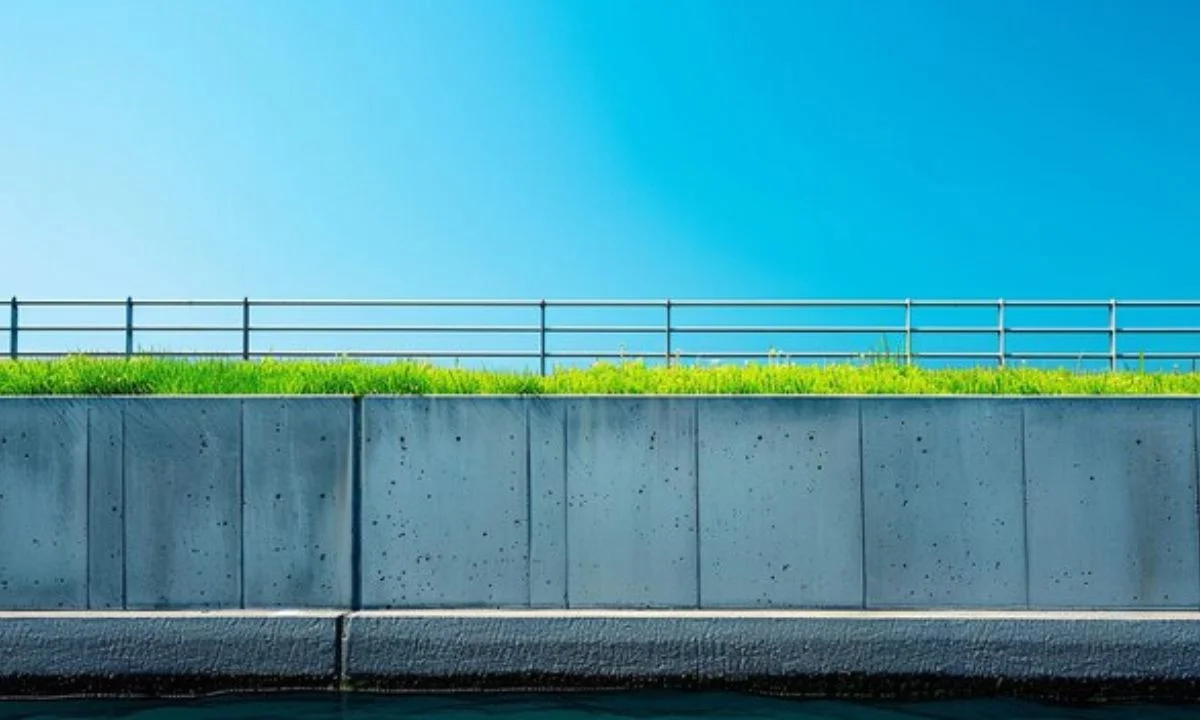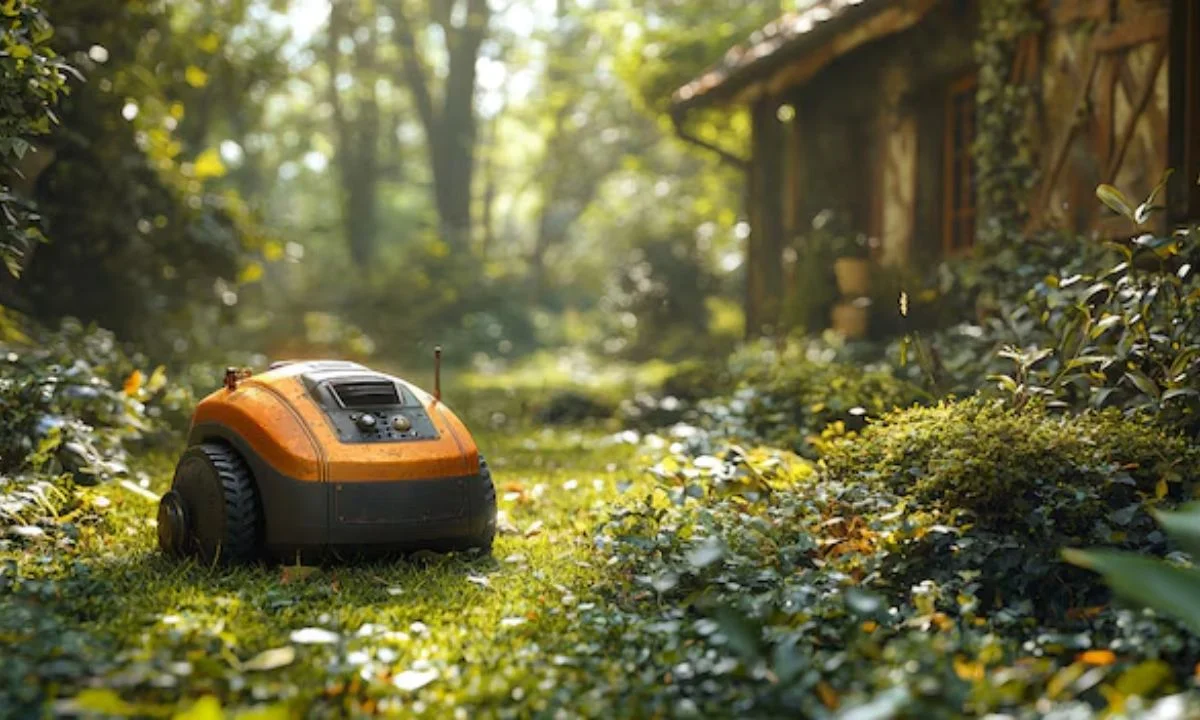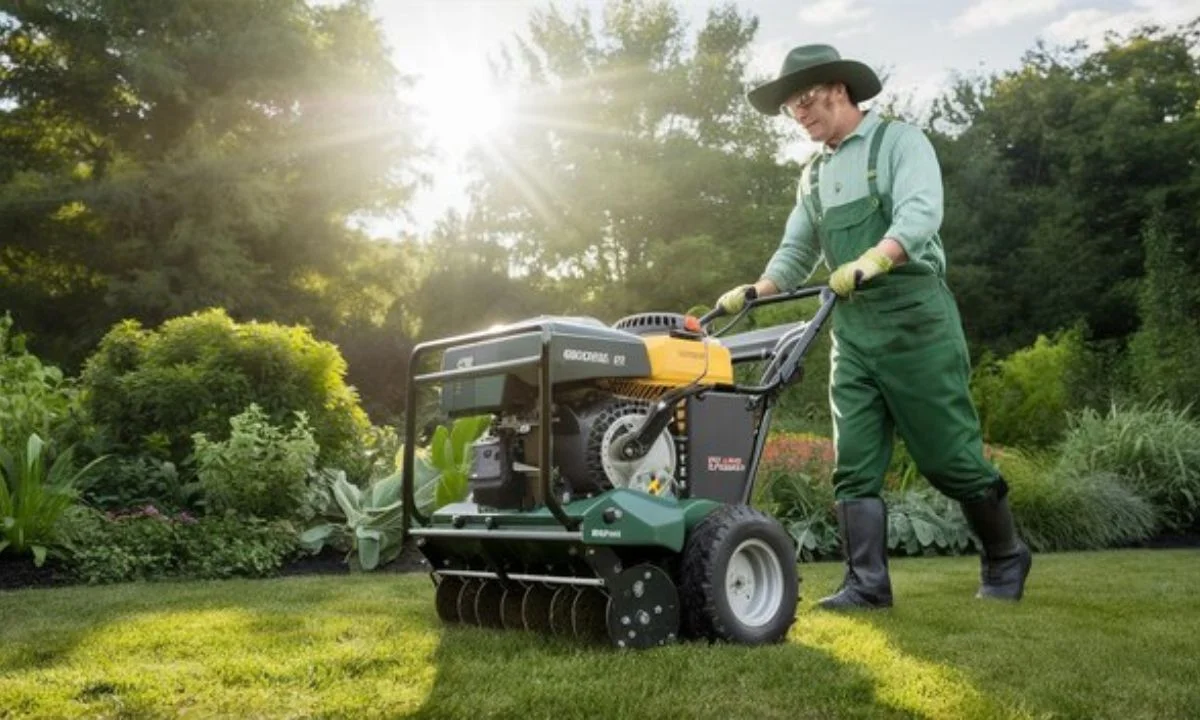Sound pollution is a common problem on highways, and with the increase in vehicular traffic, the need for effective noise control has become more important than ever. One of the most promising solutions is the use of Sound Barrier Walls on Highways Polyurea. These walls not only help in reducing noise pollution but also offer durability and protection to the structures. In this article, we will explore how polyurea technology is transforming sound barrier walls, making highways quieter and safer for everyone.
What Are Sound Barrier Walls?
Sound barrier walls, also known as noise barriers, are structures placed along highways and busy roads to reduce the impact of traffic noise on surrounding areas. These walls act as a physical barrier, absorbing and deflecting sound waves from reaching residential or commercial areas near the highway. This not only helps in reducing noise pollution but also improves the quality of life for people living near highways.
Sound barriers can be made from a variety of materials, including concrete, wood, and steel. However, with advances in technology, polyurea is becoming one of the most preferred materials due to its many benefits. Polyurea coatings provide excellent protection against environmental elements, sound dampening, and durability.
The Role of Polyurea in Sound Barrier Walls on Highways
How Polyurea Enhances Sound Barrier Walls on Highways
Polyurea is a versatile material known for its strong adhesion, resistance to environmental factors, and flexibility. When applied to sound barrier walls on highways, it provides several key advantages:
- Noise Reduction: Polyurea coatings help absorb sound waves, reducing the amount of noise that travels from the highway to nearby residential areas. The coating’s thick, elastic nature makes it excellent at blocking high-frequency sounds generated by vehicles.
- Durability: Polyurea coatings are resistant to harsh weather conditions, such as rain, snow, and extreme heat. This makes them a perfect solution for outdoor highway sound barriers. The material can endure the stress of heavy winds, impacts, and other environmental factors without losing its effectiveness.
- Quick Installation: Unlike traditional materials, polyurea can be sprayed on surfaces, allowing for faster application and curing time. This is especially important for highway projects where minimizing traffic disruption is crucial.
Must read How to Become a Disney Travel Agent: Everything You Need to Know
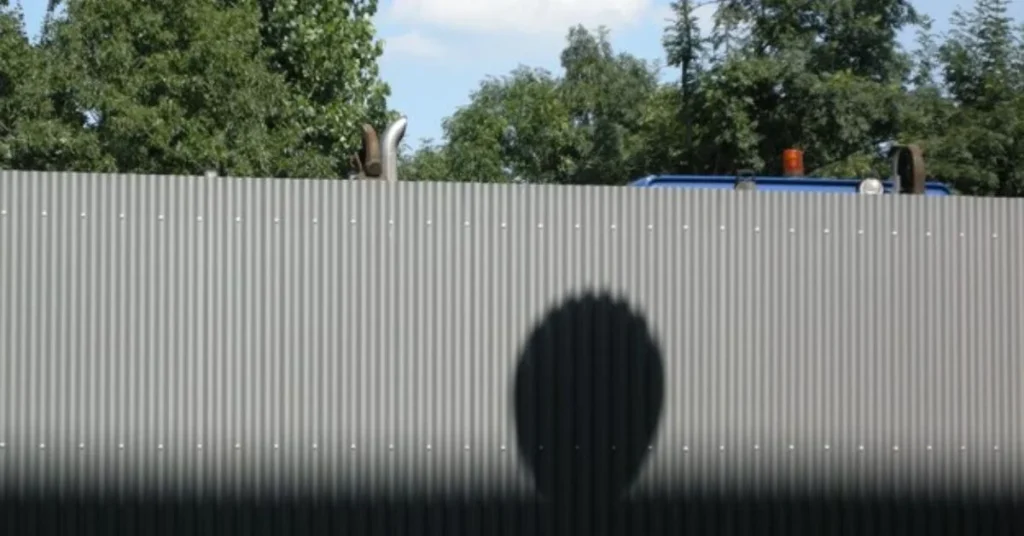
Advantages of Polyurea Over Traditional Materials
Polyurea offers several advantages when compared to traditional materials used for sound barrier walls, such as concrete or steel:
- Flexibility: Polyurea can expand and contract without cracking, making it ideal for areas with temperature fluctuations.
- Waterproofing: The material is inherently waterproof, which prevents damage from rain and moisture, ensuring the longevity of the sound barrier.
- Cost-Effectiveness: Due to its quick installation time and long-lasting performance, polyurea reduces long-term maintenance costs for highway sound barrier walls.
Environmental Benefits of Polyurea Sound Barrier Walls
One of the key advantages of using sound barrier walls on highways polyurea is its eco-friendliness. Polyurea coatings are low in volatile organic compounds (VOCs), which means they don’t release harmful chemicals into the environment. This makes them a safer choice for the environment, both during installation and over the lifetime of the sound barrier.
Additionally, polyurea’s long-lasting durability means that sound barriers do not need frequent repairs or replacements. This minimizes waste and reduces the carbon footprint associated with highway maintenance projects.
Designing Effective Sound Barrier Walls Using Polyurea
Factors to Consider in Sound Barrier Wall Design
Designing an effective sound barrier involves more than just selecting the right material. Several factors need to be taken into consideration:
- Height of the Wall: Taller walls are more effective at blocking noise. However, the height of the wall should be balanced with aesthetic considerations and regulations.
- Thickness of the Polyurea Coating: The thickness of the polyurea coating will affect the sound absorption capabilities. Thicker coatings provide better noise reduction, but they may also increase the cost of the project.
- Location of the Wall: The placement of the sound barrier plays a critical role in its effectiveness. Walls should be placed as close to the source of the noise (i.e., the highway) as possible to maximize their sound-dampening properties.
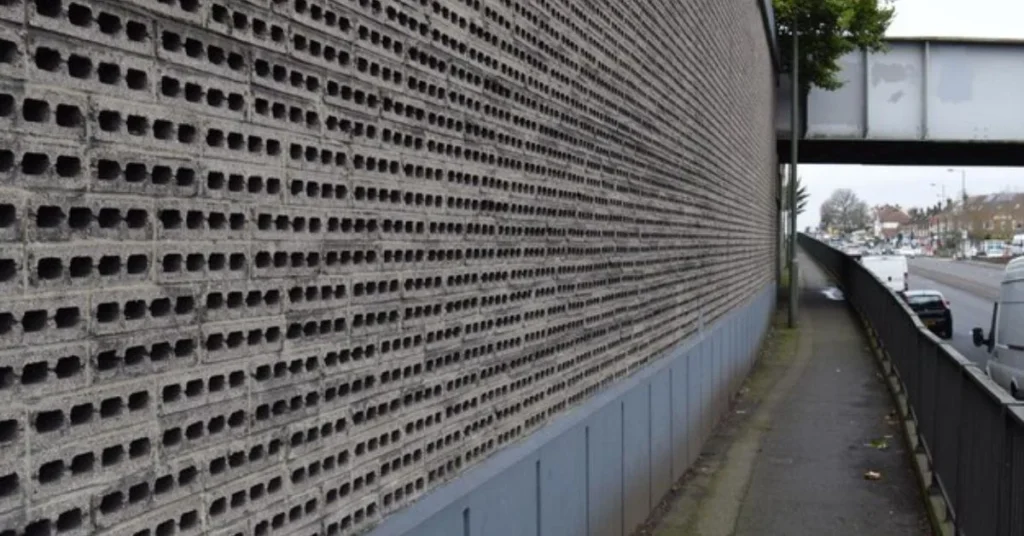
How Sound Barrier Walls on Highways Polyurea Contribute to Safety
In addition to reducing noise pollution, polyurea-coated sound barrier walls contribute to overall highway safety. The material’s impact resistance helps prevent accidents, such as vehicles crashing into the barriers, from causing significant damage. This makes highways safer for both drivers and nearby communities.
Polyurea also prevents graffiti and other forms of vandalism, keeping the barriers looking clean and professional. This not only enhances the aesthetic appeal of the area but also reduces maintenance costs.
Maintenance and Longevity of Polyurea-Coated Sound Barrier Walls
Low Maintenance Benefits of Polyurea Sound Barriers
One of the most significant advantages of using sound barrier walls on highways polyurea is the low maintenance required. Polyurea is resistant to corrosion, chemicals, and UV radiation, ensuring that the sound barrier walls remain in excellent condition for many years. Unlike concrete or wood barriers, which can crack, chip, or degrade over time, polyurea remains intact and effective with minimal upkeep.
Longevity and Durability of Polyurea Sound Barriers
Polyurea coatings can last for decades without requiring significant repairs. This is particularly beneficial for highway projects where ongoing maintenance can be costly and disruptive. The durability of polyurea means that sound barrier walls can withstand environmental stressors such as rain, snow, and extreme heat without losing their structural integrity.
Applications of Sound Barrier Walls on Highways Polyurea
Where Are Polyurea-Coated Sound Barriers Most Effective?
Polyurea-coated sound barrier walls can be used in a variety of settings where noise pollution is a concern. These include:
- Highways and Freeways: Polyurea-coated barriers are most commonly used along highways to reduce the impact of traffic noise on surrounding areas.
- Railways: Sound barriers can also be installed along railways to block the noise of passing trains.
- Residential Areas Near Highways: Installing sound barriers in residential areas helps protect homes from the constant noise of traffic, creating a quieter living environment.
Polyurea Sound Barriers in Urban vs. Rural Areas
Sound barrier walls on highways polyurea can be effective in both urban and rural settings. In urban areas, the barriers help reduce the impact of highway noise on densely populated communities. In rural areas, they protect wildlife and preserve the natural environment from the disruptive noise of passing vehicles.
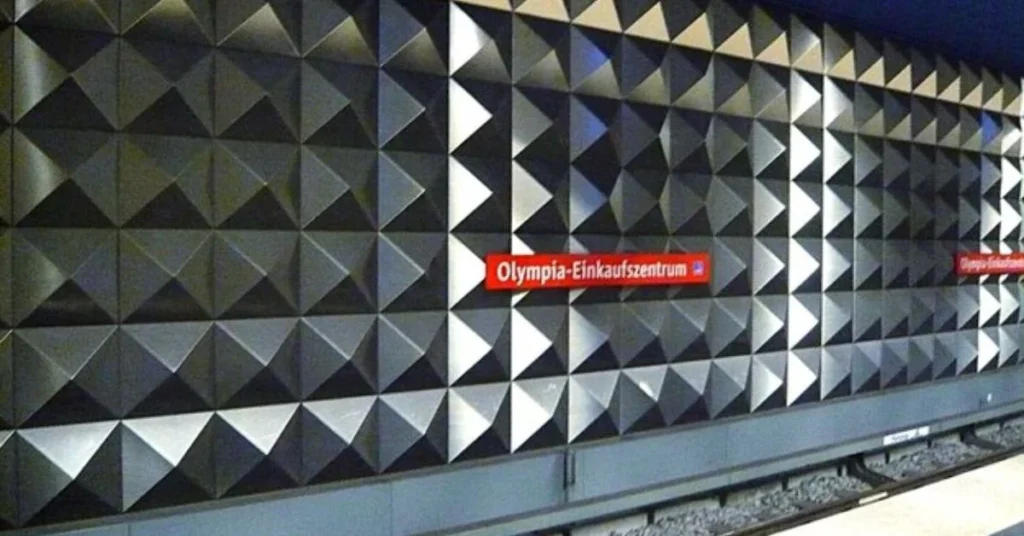
Conclusion
The use of sound barrier walls on highways polyurea has revolutionized noise control and highway safety. By providing effective sound absorption, durability, and low maintenance, polyurea coatings have become the go-to solution for sound barriers along highways. These walls not only reduce noise pollution but also enhance the safety and aesthetics of highways, making them a crucial part of modern infrastructure. With their eco-friendly properties and long-lasting performance, polyurea-coated sound barrier walls are an investment that benefits both the environment and communities. Click here for more information.
What are the main benefits of sound barrier walls on highways polyurea?
Polyurea-coated sound barrier walls provide excellent noise reduction, durability, and require minimal maintenance. They are also resistant to environmental factors and have a quick installation process.
How do polyurea coatings improve the performance of sound barrier walls?
Polyurea coatings absorb sound waves, reducing traffic noise, and protect the walls from harsh weather, increasing their lifespan.
Are sound barrier walls on highways polyurea eco-friendly?
Yes, polyurea is low in volatile organic compounds (VOCs), making it environmentally friendly. Its long-lasting durability also reduces waste and maintenance needs.
Can polyurea-coated sound barrier walls be used in residential areas?
Yes, these walls are effective in reducing noise pollution in residential areas near highways, creating quieter and more comfortable environments for residents.
How long do polyurea-coated sound barrier walls last?
Polyurea-coated sound barriers can last for decades with minimal maintenance, thanks to their resistance to environmental factors like UV radiation and moisture.

